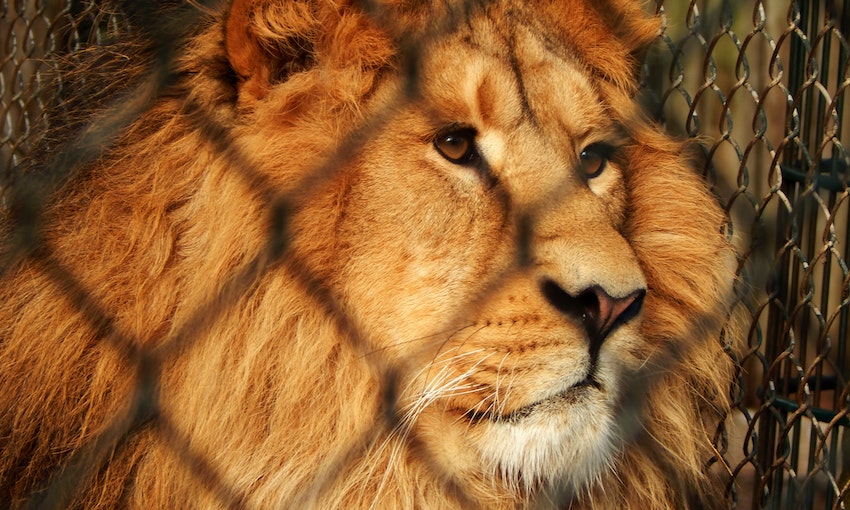THE INTERNATIONAL Maritime Organization has reportedly adopted new guidelines to combat criminal networks exploiting maritime supply chains to traffic wildlife.
According to Traffic, an NGO targeting wildlife trade, organised criminal groups are exploiting the weaknesses in supply chains to transport endangered species, live animals, animal products, plants and timber.
The new guidelines outline measures and procedures to prevent, detect and report wildlife trafficking within the maritime industry with a focus on co-operation between stakeholders along the supply chain.
The Guidelines for the Prevention and Suppression of the Smuggling of Wildlife on Ships Engaged in International Maritime Traffic were formally submitted by a large group of stakeholders.
The International Chamber of Shipping, Intergovernmental Standing Committee on Shipping, the International Organisation of Airports and Seaports Police, the International Fund for Animal Welfare and WWF participated in the submission along with Brazil, Colombia, Germany, Kenya and Tanzania.
WWF and Traffic said this is the first time the IMO has moved to combat the illegal wildlife trade’s exploitation of the shipping industry.
Phillipa Dyson, Traffic’s coordinator of transport sector engagement, said the organisation was thrilled that IMO member states had made a commitment to tackling illegal networks in the supply chain.
“These new guidelines … will provide a fundamental resource to aid governments and the private sector to take collaborative action against the illegal wildlife trade and help to conserve our global biodiversity,” she said.
A reported 72-90% of illicit wildlife volumes are trafficked through transnational maritime transport, and the NGOs said the sector has a responsibility to address the situation.
WWF global wildlife practice leader Margaret Kinnaird described the guidelines as “a gamechanger in the fight against the illegal wildlife trade”.
“Through dedicated and expert support from IMO member states and partners, government authorities and companies can implement greater safeguarding measures to protect their employees, business, and nature,” Ms Kinnaird said.
She said these measures are critical protecting the integrity of maritime supply chains from operational, economic and security risks.
“The adoption of these guidelines will catalyse global co-operation in the maritime sector to fight the illegal wildlife trade.
“We’re pleased to announce that our work will continue as we embark on supporting IMO parties and the maritime industry with regional and national roll-out of these guidelines.”





